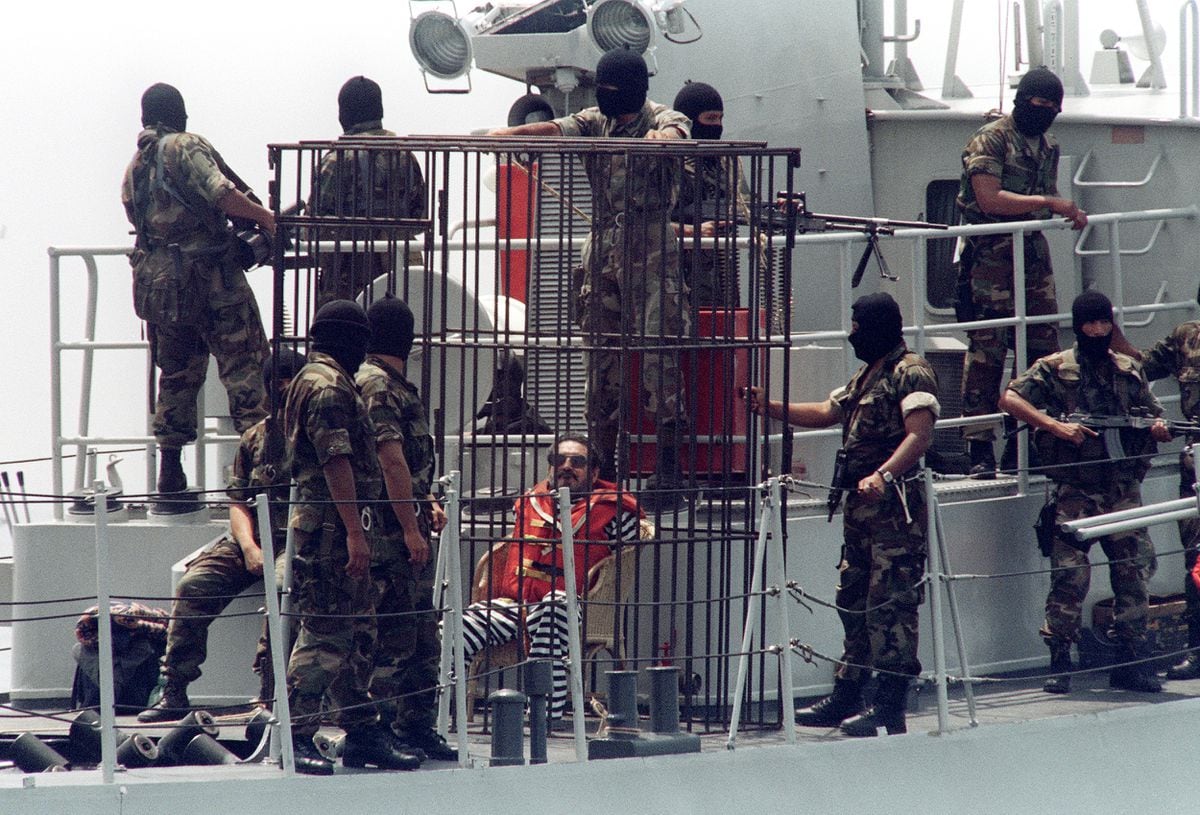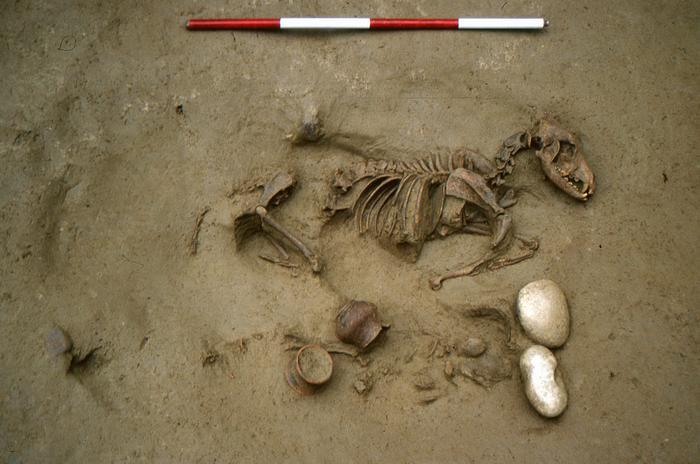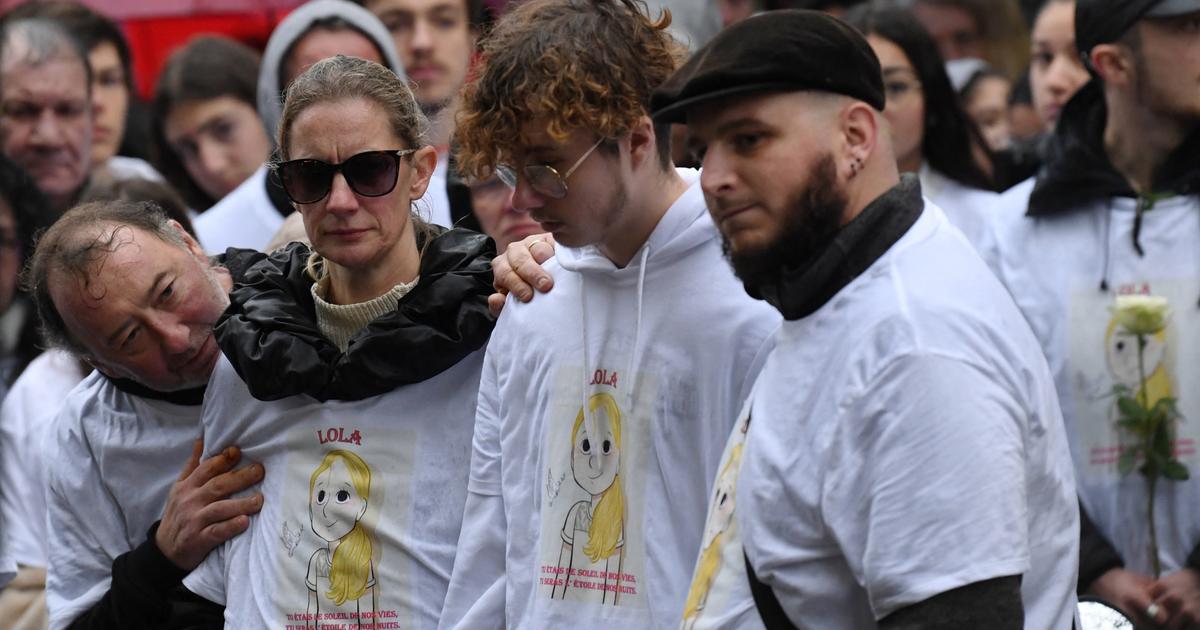It is the extreme case, and yet perfectly explainable, of a man who concentrated on himself all the cruelties of a long war.
He never showed the slightest sign of regret or doubt.
His last act, death and the fate of the remains, unleashed the most general abomination on his name;
there was agreement that this man could not have a grave.
It is difficult to imagine a more absolute ban.
There are many books that detail how Abimael Guzmán Reinoso (1934-2021) became "the genocide", "the beast", "the monster", and other descriptions with which he was fired. The explanations are compelling, varied, ranging from the individual's story to the conditions in which the meadow burned. The most amazing thing, for me, a reader of those books, is that Abimael Guzmán was, essentially, an intellectual, a philosopher, or at least a professor of philosophy. It is a trait that has always seemed incongruous to me and, nevertheless, symptomatic that it occurs in Peru. It is not that the country has high expectations in its intellectuals, perhaps it does not even have expectations, it is that there is something sinister in coming to verify that the most dangerous man that Peru produced in the last twenty years of the twentieth century,he was an intellectual almost in his purest form.
It is not, by the way, that Guzmán produced some original idea, or at least some idea on its own. He is considered a scholastic of Marxism, a little spirited repeater of a half dozen classical authors of communism. Apart from two soporific academic theses, he is not known for a book, his quotes are taken from speeches at clandestine political congresses, from mimeographic documents that interested the police more than the readers of philosophy. He was 29 years in a high security prison and it was not applied, so far as it is known, to a written work, be it memoirs, wills or synthesis of any kind.
Let us clarify then that his personal powers were not exactly in a series of ideas that circulated many years before his birth. Much less in the few writings that came out of his hands. His real weapon was the spoken word. This was particularly effective from 1962 until the late 1970s, when he was hired as a philosophy professor at the San Cristóbal de Huamanga University in Ayacucho, a forgotten city in the central highlands of Peru. During that time he formed the party that would be called the Shining Path. And even this cannot be attributed solely to his personal gifts. Despite much that has been written, the role played by his wife Augusta La Torre in the creation of Shining Path is still not appreciated. She was the one who spoke Quechua, organized the women,the peasants or the street vendors beyond the dusty mansion of the university. It was the obverse of Guzmán, his active being, the complement of "the theoretician", who influenced his students above all. Archaeologist Luis Lumbreras, who met the couple, commented many years later that if they had told him then that "one of the two was going to lead a revolution," he would have believed it would be Augusta. His death, under mysterious conditions, during the 1988 congress, has obscured his case.he would have thought it would be Augusta. His death, under mysterious conditions, during the 1988 congress, has obscured his case.he would have thought it would be Augusta. His death, under mysterious conditions, during the 1988 congress, has obscured his case.
Later, when he declared war on all the established powers and plunged into a secrecy so closed that it raised suspicions about his very survival, he no longer even needed a word, at least his own. While he remained hidden inside rented houses in Lima's mesocratic neighborhoods, a small but active legion of followers was in charge of propagating something more effective than his speeches. Guzmán became a myth, he was reborn as Chairman Gonzalo, the Fourth Sword of world Marxism.
These are the years in which the most symbolic image of the invisible leader circulated: a portrait of Guzmán made in charcoal or ink, with the heavy glasses of an intellectual, but with a shirt and an open jacket, in a resolute attitude, as in the Maoist iconography of the Cultural Revolution, only instead of a flag or a rifle, the professor carried books under his arm.
The confusing and peremptory discourse called "Gonzalo Thought" had taken on a life of its own. The "delusional story", as Gonzalo Portocarrero called it, had been personified in him, to the point where he no longer even had to speak or show himself, the facts were his language. This is how the figure reached new meanings, perhaps the most effective, that of the messianic leader who was confused with the millennial air that blew on the prairie. At that point, the fire was declared and was spreading out of control throughout the country.
Of course, what is decisive in the "delusional story" is not that Guzmán embodied it, but that others believed it with true fervor. The degree of "subjection" - the term was used internally in the party - that he came to have was absolute. The fanaticism of his followers cannot be overstated. At first they were mainly young people with university training, children or grandchildren of peasants, then it spread to other circles; It has been calculated that in 1980 it could gather five hundred determined wills, enough to begin armed actions.
From a two-story house with tinted windows, Guzmán was at the center of a bloodbath that lasted more than a decade. The distance from the intellectual was one of the most constant characteristics of his life. It is certain that he did not fire a bullet in the war that he unleashed and yet he was the greatest threat. In Peru, a country where ideas are not heard, Guzmán's case shows how dangerous an intellectual can be when his ideas are not combated with other ideas.













/cloudfront-eu-central-1.images.arcpublishing.com/prisa/B7F2F3HZ2JCUHDZJKAGKAXXPSU.jpg)